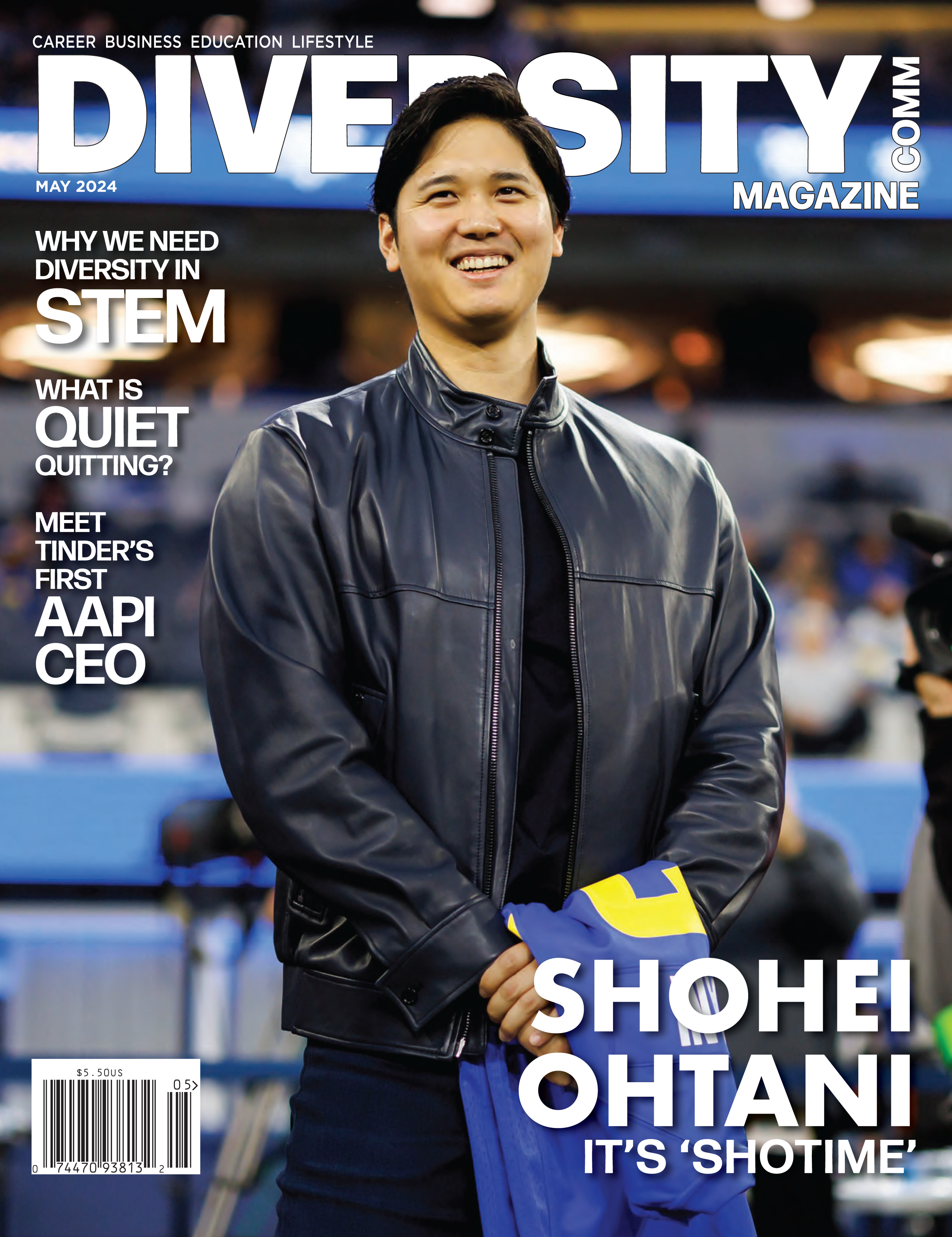Join the Diversity & Inclusion Movement with STEM Community
Exclusive Insights, Resources, and Career Opportunities

Having trouble viewing our digital magazine?
By Jeff Haden Success, in whatever way you choose to define “success,” comes down to what you do—over and over again. But every action…
In a special Earth Day conversation, artist and music producer Post Malone spoke with NASA astronauts Steve Bowen and Woody Hoburg,…
Explore Diverse Topics
By Martin Anderson, Unite Researchers from Germany have developed a method for identifying mental disorders based on facial expressions interpreted by computer…
By Cassidy Ward, SyFy In the 2007 horror film House of Fears (now streaming on Peacock!), a group of teenagers enters the…
Live Speech, Point and Speak and other software updates…
SUBSCRIBE TO THE DIGITAL NEWSLETTER
Tap into a wealth of opportunities and stay updated on the latest news and events central to the Science, Technology, Engineering, and Mathematics (STEM) community.



